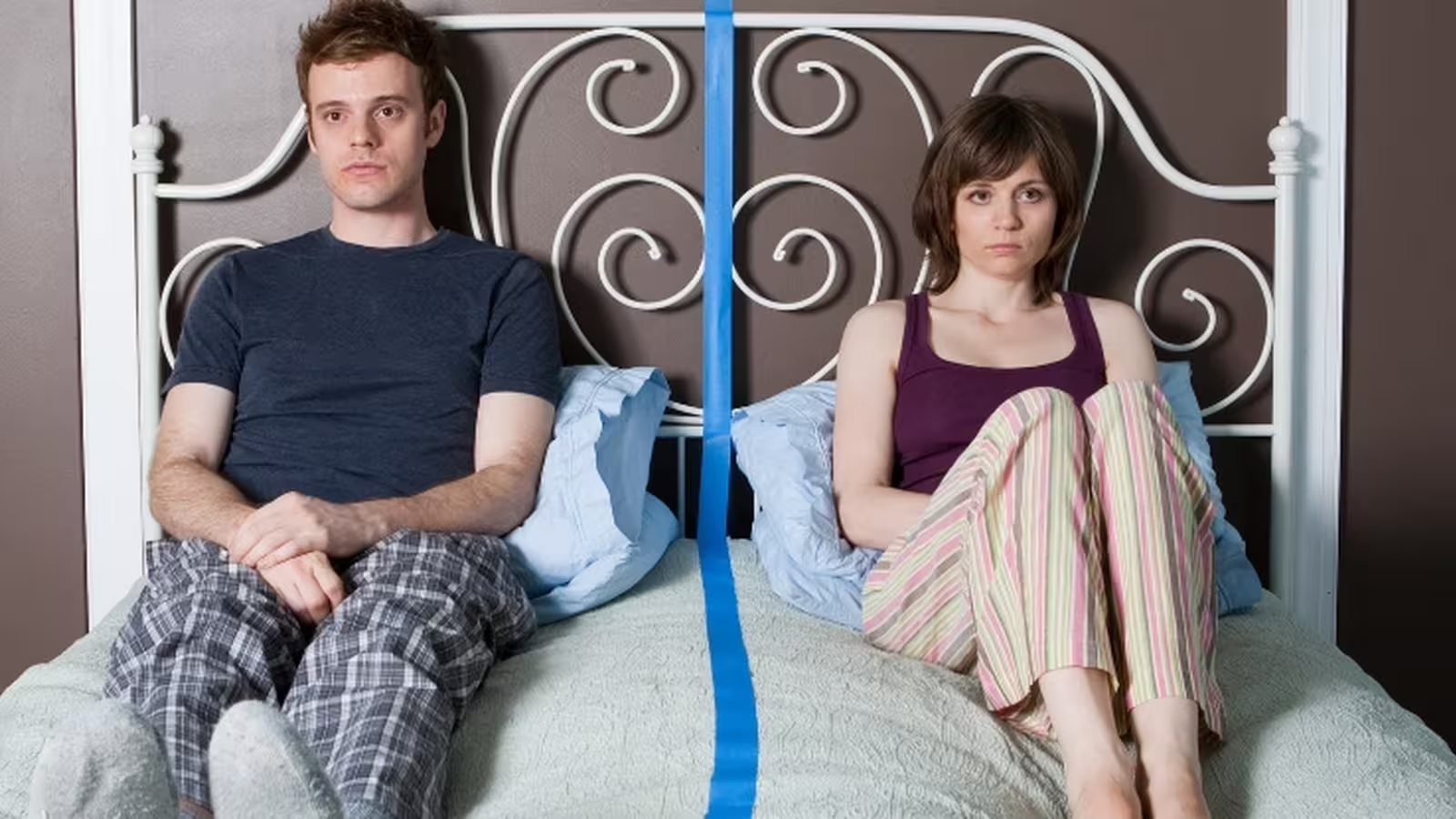6 Minutes
Exploring the Science of Sleep Separation
In recent years, 'sleep divorce'—a term describing couples who choose to sleep in separate beds or bedrooms—has gained renewed attention from researchers and health professionals. Despite its modern moniker, the concept has deep historical roots. In European aristocracy centuries ago, separate sleeping quarters for married partners were not only normal, but also reflected wealth and status. Today, however, cultural norms have shifted toward couples sharing a bed, which is often seen as a symbol of intimacy and partnership.
Yet, under the surface, many couples discover that co-sleeping can sometimes hinder sleep quality. Whether it’s snoring, differing sleep patterns, restless movements, or mismatched preferences for bedroom temperature and lighting, a range of issues may disrupt sleep for one or both partners. As a result, a growing number of people are considering whether 'sleep separation' could be the key to more restorative sleep—and, unexpectedly, healthier relationships.
Why Couples Are Embracing Separate Sleep Arrangements
Common Reasons for Nighttime Disturbances
Sleep disruptions between partners can arise for numerous reasons:
- Different bedtimes and waking times, particularly for shift workers.
- Snoring, sleep talking, or periodic limb movements during sleep.
- Parents of infants or young children, who often face frequent nighttime awakenings.
- Clashing preferences in room climate or noise levels.
For these situations, separate sleeping arrangements can minimize interruptions and allow each person to pursue healthier, more consistent sleep patterns. According to the American Academy of Sleep Medicine, up to one in four couples in the United States report sleeping separately at least some of the time.

Benefits of Sleeping Alone: What Research Reveals
While many couples say they feel emotionally comforted by sharing a bed, objective scientific measurements sometimes tell a different story. Using technologies like electroencephalogram (EEG) to analyze sleep stages and brain activity, scientists have found that sleeping with a partner may reduce sleep efficiency and increase disturbances throughout the night. This effect is particularly pronounced when one partner has a sleep disorder such as insomnia or obstructive sleep apnea, conditions known to cause frequent awakenings or loud breathing events.
A 2020 study published in the journal "Sleep Medicine Reviews" found that individuals sharing a bed with someone who has a sleep disorder often experience disrupted sleep themselves, leading to fatigue, impaired daytime performance, and even increased relational tension. In addition, poor sleep quality is closely linked to lower relationship satisfaction, as ongoing sleep deprivation can influence mood, patience, and communication.
"When people prioritize their sleep needs—individually or together—it can strengthen, not weaken, the foundation of their relationships," says Dr. Wendy Troxel, a clinical psychologist and sleep specialist at RAND Corporation.
For those who live with conditions such as chronic insomnia, sleep separation can also reduce anxiety; knowing they will not disturb their partner (or be disrupted) helps create a more restful pre-sleep environment. This, in turn, can contribute to faster sleep onset and deeper rest.
Challenges and Social Perceptions of Sleeping Apart
Despite the scientific and practical benefits, sleeping separately can be emotionally or logistically challenging for some couples. Sharing a bed often fosters feelings of physical security, emotional bonding, and convenience. Conversely, sleeping alone can evoke feelings of loneliness or be perceived as a sign of relationship trouble.
Social stigma also plays a role: some people fear that a sleep separation may signal the end of intimacy or a decline in sexual activity. Yet, research suggests this is not necessarily true. Improved sleep quality is linked to better mood and emotional attunement, which may actually enhance a couple’s desire for intimacy and increase overall relationship satisfaction.
It’s also important to acknowledge the practical challenges. Not all households can accommodate separate bedrooms or extra beds, limiting the feasibility of sleep separation. For those who can’t sleep apart—due to space, preference, or other reasons—alternatives like earplugs, white noise machines, or sleep masks can help minimize disruptions.

Considerations for Couples Weighing Sleep Separation
Couples might consider trialing a sleep separation if they find themselves consistently losing sleep due to nighttime disturbances, differing schedules, or incompatible sleep environment preferences. However, experts emphasize that this strategy is not a one-size-fits-all solution. For some, a flexible approach—sleeping separately during workdays and together on weekends—proves effective, while others may benefit from adjusting only during periods of acute sleep disruption.
Crucially, open communication is essential. Partners should discuss their sleep needs, set expectations, and establish routines to maintain intimacy, such as "visiting rights" where one partner joins the other for a period before bed or in the morning, as suggested by sleep clinicians.
Anyone experiencing persistent sleep problems, such as loud snoring, restless movements, or abnormal nighttime behaviors, should consult a medical professional. Sleep disorders like sleep apnea are both underdiagnosed and potentially dangerous, but treating them can dramatically improve sleep quality for both partners.
Conclusion
Choosing to sleep apart is not a reflection of relationship failure—in fact, for many couples, it can be a proactive strategy to boost both sleep quality and partnership satisfaction. As sleep science continues to illuminate how individual needs differ, it is clear that personalized sleep arrangements—whether together or apart—can help ensure both partners are healthy, well-rested, and emotionally connected. Prioritizing good sleep hygiene and open communication may be the true secret to a happier, more rested life together.



Comments